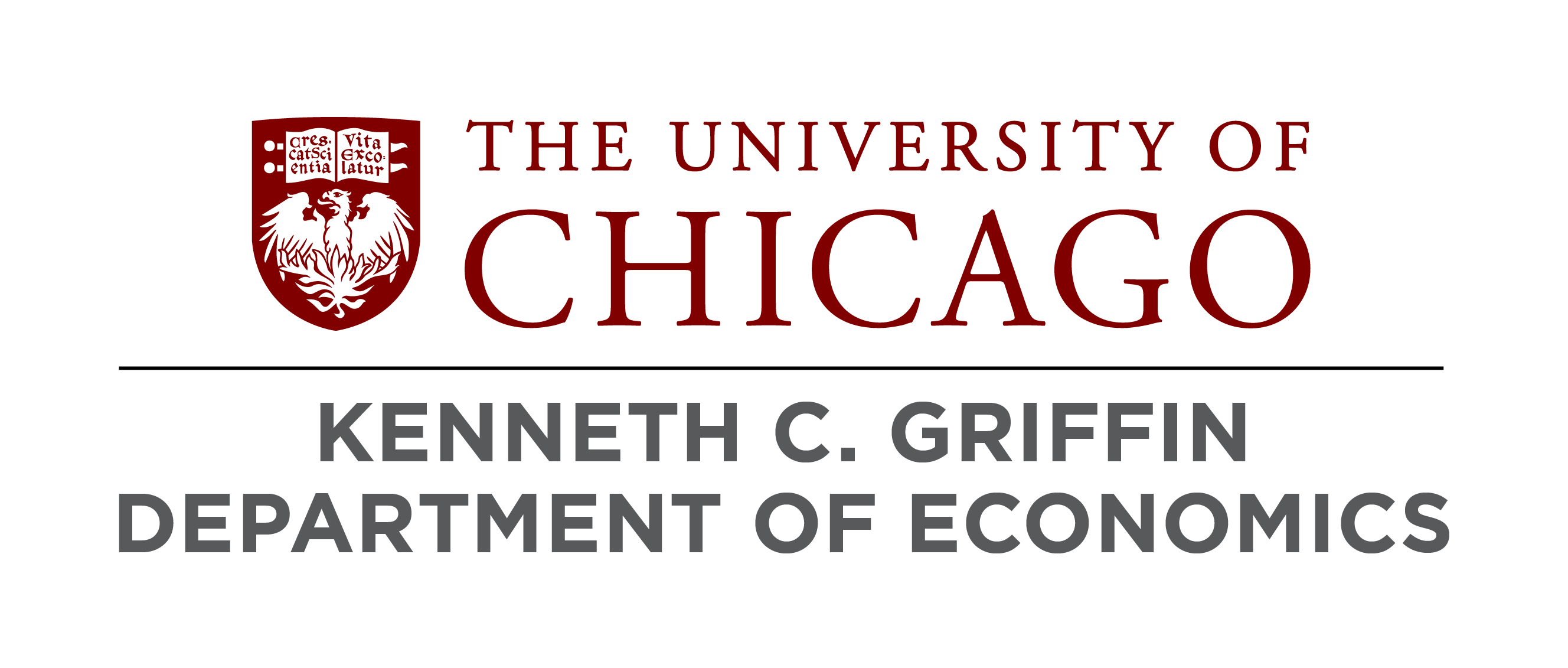
Primary Research Focus: Labor, Education
Secondary Research Focus: Applied Microeconomics
References:
- Derek Neal (Committee Chair)
- Jack Mountjoy
- Evan Rose
Job Market Paper: "Resources or Rewards? The Impacts of School District Funding and Incentives on Student Outcomes"
[Abstract] School funding and accountability are prevalent policy tools in public education, but their efficacy in improving student outcomes remains contested. We study the impacts of a statewide education reform in Texas that (1) changed the formula that links school district characteristics to funding, and, in a novel shift from test-based accountability, (2) introduced financial bonuses for districts based on high school graduates' attainment outcomes, including college enrollment and industry-based certification. Using policy-driven, between-district variation in district spending and incentives, we find that both spending and incentives improved the composite attainment outcome targeted by the bonus policy. Relative to funding increases, incentives produced comparable gains at a lower government cost. Effects on attainment are driven by industry-based certifications, with little effect on college enrollment. However, by focusing on high school graduates’ outcomes, the bonus structure inadvertently incentivized districts to reduce graduation rates among 12th graders who were unlikely to meet the attainment criteria: incentives decreased graduation rates and increased dropout rates. Consequently, we find mixed evidence on college and career outcomes one year after 12th grade: neither district spending nor incentives affected the share of students who were employed or enrolled in college, but incentives increased earnings. Our results highlight both the potential promise and design challenges of attainment-based incentive policies.
 THE UNIVERSITY OF CHICAGO
THE UNIVERSITY OF CHICAGO

